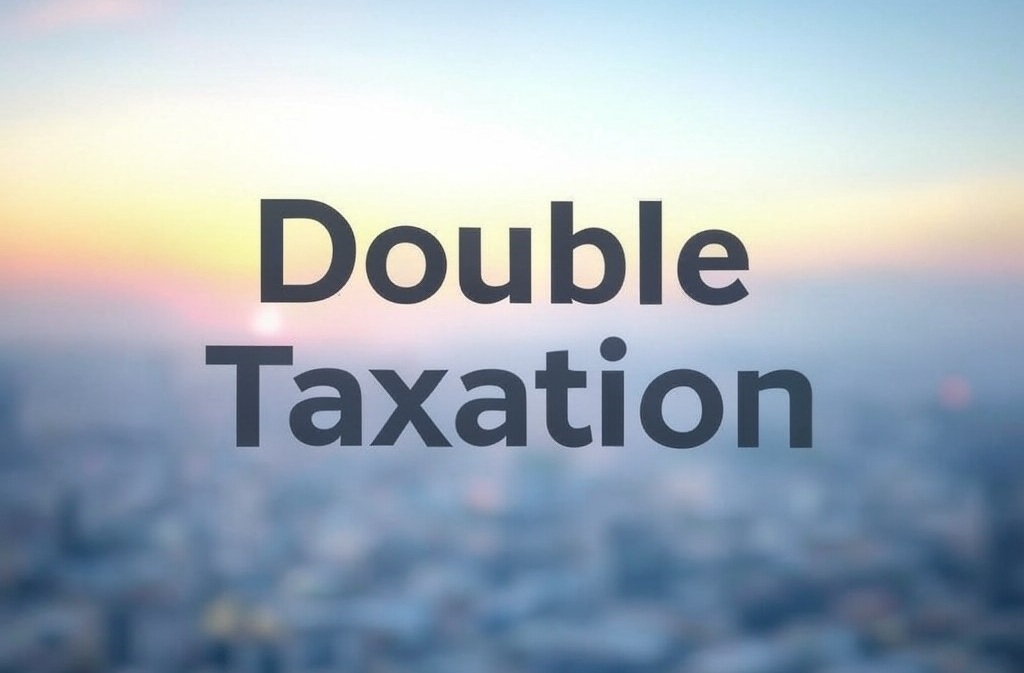
After understanding corporations and limited liability, you might wonder if it’s fair. If Bill had owned the cab himself and got sued, the soccer player whose career was ruined would have received the full million dollars.
However, because Bill set up a corporation and placed the cab company’s assets in it, his liability was limited. The soccer player only received $180,000, and the corporation declared bankruptcy.
The Trade-offs of Limited Liability
Bill’s liability was limited to what he had contributed to the corporation. Some might argue that this is unfair—Bill is wealthy and could afford to compensate the soccer player fully.
This raises the question of whether corporations are a way for wealthy individuals to protect their assets. To some extent, this is true, but there are trade-offs that society must balance.
The Business Perspective
From Bill’s perspective, limited liability is essential. He might argue that if he didn’t have this protection, he wouldn’t have started the cab company at all. If Bill had $100 million in assets, he wouldn’t want to risk his entire wealth for a small business that yields a modest profit. Limited liability makes entrepreneurship more attractive by capping personal risk.
Risk and Fairness in Business
Another argument is that anyone starting a cab business—whether they invest $80,000, $90,000, or $100,000—faces similar risks and potential rewards. Without corporations, individuals with more assets would face significantly higher personal risks, discouraging investment in new businesses. Bill might argue that forcing him to put his entire wealth at risk would be unfair and would discourage economic growth.
Insurance and Business Costs
Without limited liability, Bill might have to purchase a much larger insurance policy to protect his assets, which would increase the cost of doing business.
A $100,000 insurance policy might cost $1,000, but a $1 million policy could cost $10,000. This higher expense might make starting a business less appealing, especially for individuals with substantial assets.
The Issue of Double Taxation
In exchange for limited liability, corporations may be subject to double taxation. This applies mainly to C corporations (C corps), where:
- The corporation earns a profit (e.g., $1,000).
- It pays corporate tax (e.g., 30%, or $300).
- The remaining $700 is distributed to shareholders as dividends.
- The shareholder then pays tax on the $700 (e.g., 30%, or $210).
Thus, the same money is taxed twice—once at the corporate level and again at the shareholder level. Some argue that this is unfair, while others see it as a trade-off for the benefits of limited liability.
Alternative Business Structures
Double taxation does not apply to all business structures. S corporations (S corps), limited liability companies (LLCs), and limited partnerships (LPs) avoid double taxation. Instead, profits pass through to the owners and are taxed only once. However, these structures have limitations—S corps have a limited number of shareholders, and LLCs dissolve when an owner dies or declares bankruptcy.
